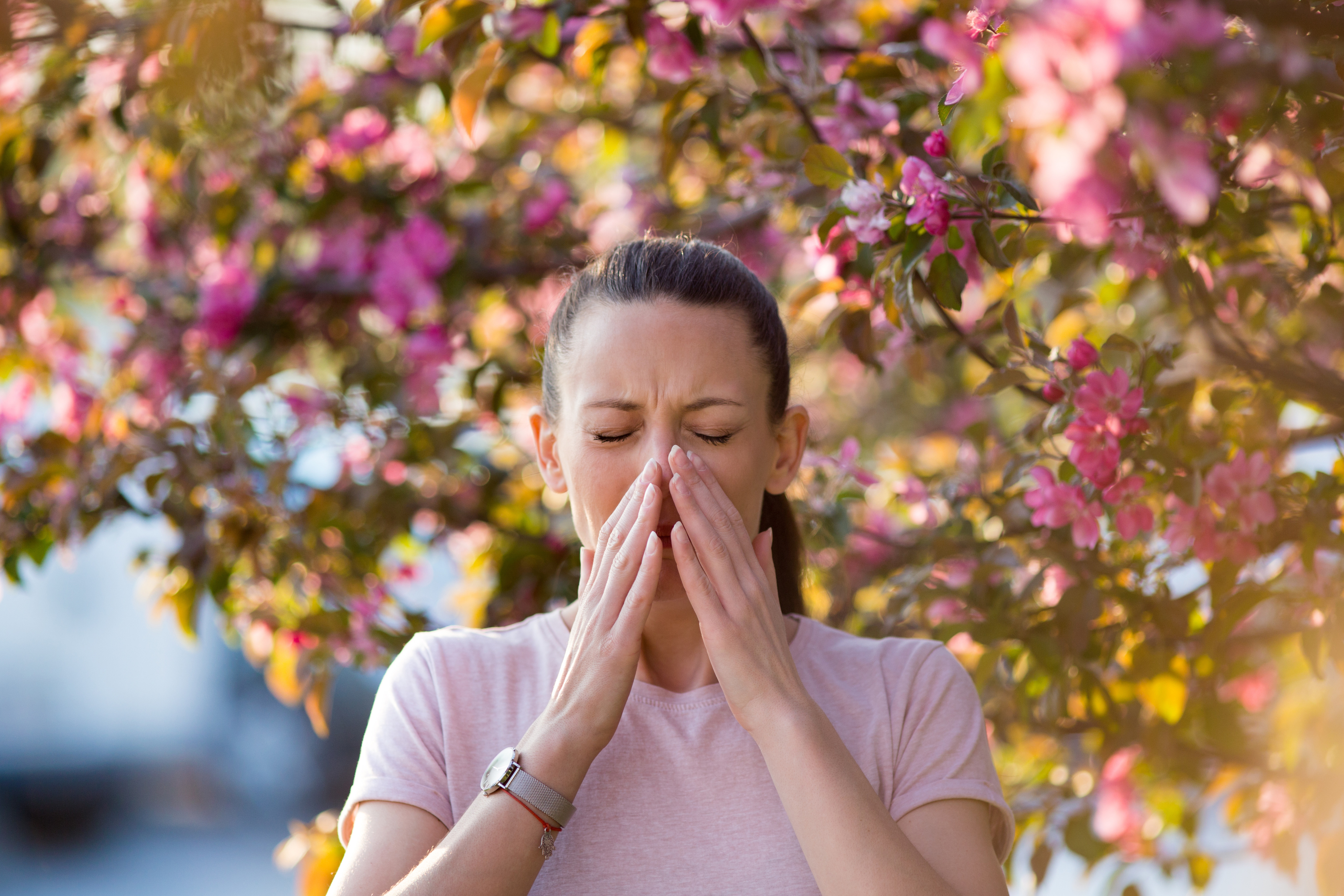
As appears in: Montclair Local
In many ways, life has been put on hold in the midst of the COVID-19 pandemic. But there is no delaying that spring is here. I see signs everywhere—flower buds on the trees and daffodils sprouting.
It is easy to forget about routine medical problems when we are preoccupied with COVID-19. However, for those of us with spring allergies, pesky symptoms like sneezing, itchy eyes or nose, runny or stuffy nose, and watery, red, or swollen eyes severely impact our quality of life this time of year. More than 50 million Americans are thought to suffer from allergies each year. Ironically, now more than ever, when so many people are staying home, it is important to get outside for fresh air. Just remember to practice proper social distancing in accordance with latest guidelines from the Centers for Disease Control and Prevention.
Today a single sneeze puts everyone on high alert. But remember the symptoms of allergies differ from that of coronavirus or a viral infection. Coronavirus causes fever, cough, and shortness of breath (and appears 2 to 14 days after exposure).
Here are five tips to take charge of your allergies before problems occur.
Be proactive, start medications early.
Since we had a mild winter, spring showed up even earlier this year. When it comes to allergies you want to be ahead of the curve. Start your medication a few weeks before the season begins. I started my regimen in the middle of March. If you wait until your nose is running and eyes are tearing it will be more difficult to get your symptoms under control.
There are lots of options. For itchy, watery eyes and a stuffy nose an oral medication is probably best. Nasal sprays can also help with congestion. Eye drops alleviate dryness.
If at first you do not succeed, try again.
Many of my patients get discouraged when their first over-the-counter medication does not work. But hope is not lost. Every person responds uniquely to antihistamines. Keep trying treatments until you find one that works. My husband and I both have similar spring allergies, but we each feel better on different oral medicines and nasal sprays.
Watch the pollen count—and wash allergens off.
Just because it is allergy season does not mean you need to lock yourself indoors. Follow the pollen count on a weather website and use it to gauge your outdoor activities along with guidance from the CDC regarding COVID-19 restrictions. When I come inside from a hike, I change my clothes and take a shower to avoid bringing any allergens indoors.
Pay attention to children.
Kids get seasonal allergies too. Pay particular attention if you have a child with asthma because outdoor allergens can trigger an attack. Make sure their medication is up-to-date and always have a rescue inhaler available. If you are concerned about your child being on medication, saline rinses with a Neti Pot can help clean out the nasal passages while gargling with saltwater can soothe the throat.
Talk to your doctor.
Every year I have patients who come in for their checkup and tell me they have accepted that they will be sniffling all season. But you do not have to live with these symptoms.
Call your physician if multiple over-the-counter remedies do not work. There are also many prescription options. For patients with severe allergic reactions, I recommend consulting a specialist to discuss treatments like allergy shots.
Our doctors and providers are conducting Telemedicine visits via video, phone, and patient portal, based on patient needs and technology resources. Call your provider, reach out by portal message, or call Summit Health at 908-273-4300 to determine which type of virtual visit will work best to meet your needs.
